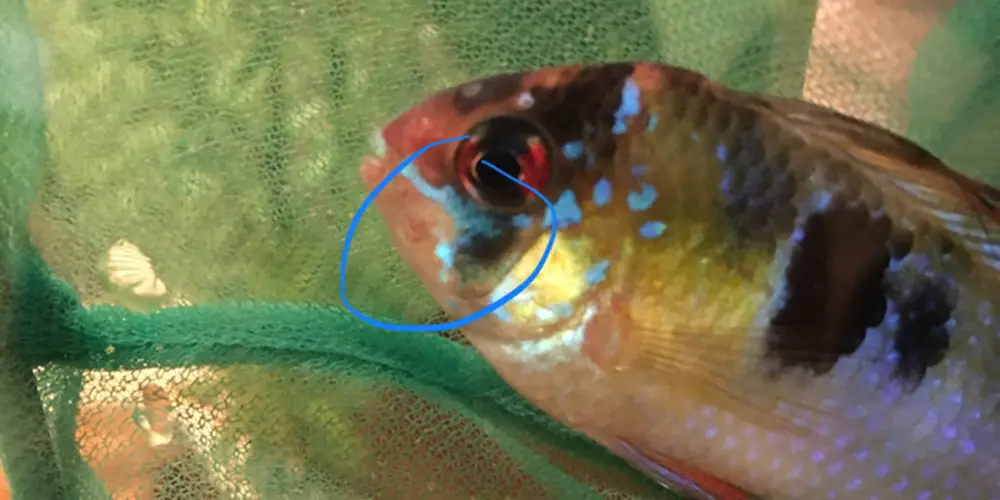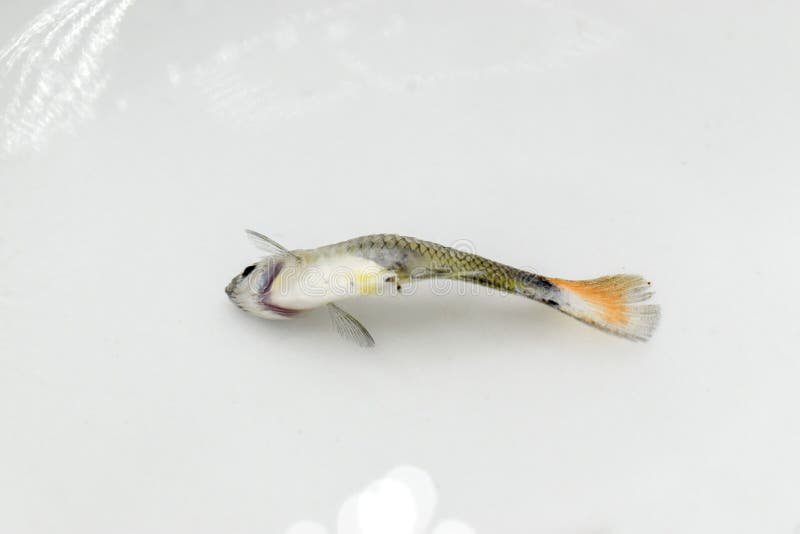Guppy Disease
The vibrant and colorful guppy is a favorite among aquarium fish lovers. However, the presence of guppy disease can be devastating for any owner of this beautiful pet. The importance of understanding the common diseases, parasites and their available treatment cannot be overstated. In this article, we delve into the causes, prevention and remedies for various illnesses that can affect your guppy fish.
Guppy Disease Pain Points
Guppies are prone to several diseases which can cause significant discomfort or even death. The pain points include bacterial infections, parasitic infestations, fungal diseases, and environmental issues. These pain points can lead to a wide array of conditions including fin rot, swim bladder disorder, dropsy, and other ailments. The cost of medication, treatment, and possible loss of your pet can also cause distress.
What is the Target of Guppy Disease?
Guppy disease is a general term for all the viruses, bacterial, fungal, and parasitic infections that affect guppies. It primarily targets the guppy's immune system, leaving it susceptible to infections and disease. A weak immune system can trigger harmful bacteria and parasites, which are natural inhabitants of aquatic environments, to attack your guppy fish. Ensuring the optimal living conditions for your guppy is crucial in keeping it free from diseases.
Summary of Main Points
Given the susceptibility of guppies to various diseases, it is important to keep your aquarium environment clean and conducive to healthy living. Healthy feeding habits, regular cleaning, and monitoring of your guppies are crucial in preventing diseases. Various treatments such as anti-fungal, anti-bacterial, and ant-parasitic medications are available for various conditions. To diagnose and treat guppy disease early, it is essential to be well-versed with symptoms and signs of illnesses.
Guppy Disease and Tank Mates
Guppy diseases can easily spread to other tank mates if not managed promptly. The weakened immune system of your guppy can make it more susceptible to diseases and parasites that other species may carry. It is important to quarantine the infected guppy and treat it before introducing it back into the tank. Regular water changes, adequate filtration, and optimal lighting will also ensure the longevity and good health of your guppies.

Guppy Diseases and Parasites
Guppies are vulnerable to several diseases and parasites that can significantly harm them. The most common are Ick or White Spot Disease, Velvet Disease, Tuberculosis, Dropsy, and Swim Bladder Disorder. Several parasites can also infest your guppies, including Hexamita, Fish Lice, Flukes, and Anchor Worms. Proper hygiene, good feeding habits, and vigilance will make your guppies less vulnerable to diseases and parasites.

Treatment Options for Guppy Disease
Several options are available for treating guppy diseases and parasites. The most common treatments include antibiotic medication, salt baths, hydrogen peroxide, and heat treatment. It is essential to consult a veterinary expert before starting any treatment. In severe cases, the infected guppy may have to be euthanized, and infected items such as toys, rocks, or plants should be disinfected before reusing them.

Prevention of Guppy Disease
While there is no foolproof way of preventing guppy diseases, several steps can be taken to reduce the likelihood of infections. Quarantining new guppies as they are introduced, maintaining optimal environmental conditions, and feeding them healthy food can go a long way in preventing infections.

Question and Answer Section
Q: How can I tell if my guppy is sick?
A: Signs of sickness in guppies include discolored spots, frayed or clamped fins, and an increased or decreased appetite. Other notable symptoms include lethargy, rapid breathing, and swimming abnormally.
Q: How can I prevent guppy disease?
A: Avoid overcrowding your tank, quarantine new guppies before introducing them to the tank and maintain optimal living conditions.
Q: Can guppy diseases be transmitted to humans?
A: Guppy diseases are specific to fish and cannot be transmitted to humans. However, hygienic and safety measures must be observed to prevent contamination and possible transfer of bacteria.
Q: Do guppy diseases have a cure?
A: Yes, several treatment options are available for guppy diseases, but it is crucial to consult a veterinary expert before starting any medication to ensure the treatment's effectiveness and the fish's well-being.
Conclusion of Guppy Disease
In conclusion, guppy disease is a significant concern for aquarium enthusiasts. Being knowledgeable about how to prevent and manage it is essential to ensuring your guppy fish's well-being and longevity. With proper hygiene, optimal living conditions, and regular monitoring, the likelihood of guppy disease can be reduced, and the fish can continue to thrive beautifully.
Gallery
Guppy Diseases, Parasites & Remedies

Photo Credit by: bing.com / guppy diseases parasites guppies disease fish hole head body parasite protozoan
Guppy Fish: Types Of Guppy Disease

Photo Credit by: bing.com / guppy disease fish columnaris pond fungus look types bacterial fungal growth does diseases
Guppy Fish Died Due To Bent Spine Disease Stock Photo - Image Of

Photo Credit by: bing.com /
Pin On Aquarium Snails

Photo Credit by: bing.com / guppy treatment diseases disease
15 Most Common Guppy Diseases, Parasites, And Treatment | AquariumFish City

Photo Credit by: bing.com / guppy diseases parasites guppies